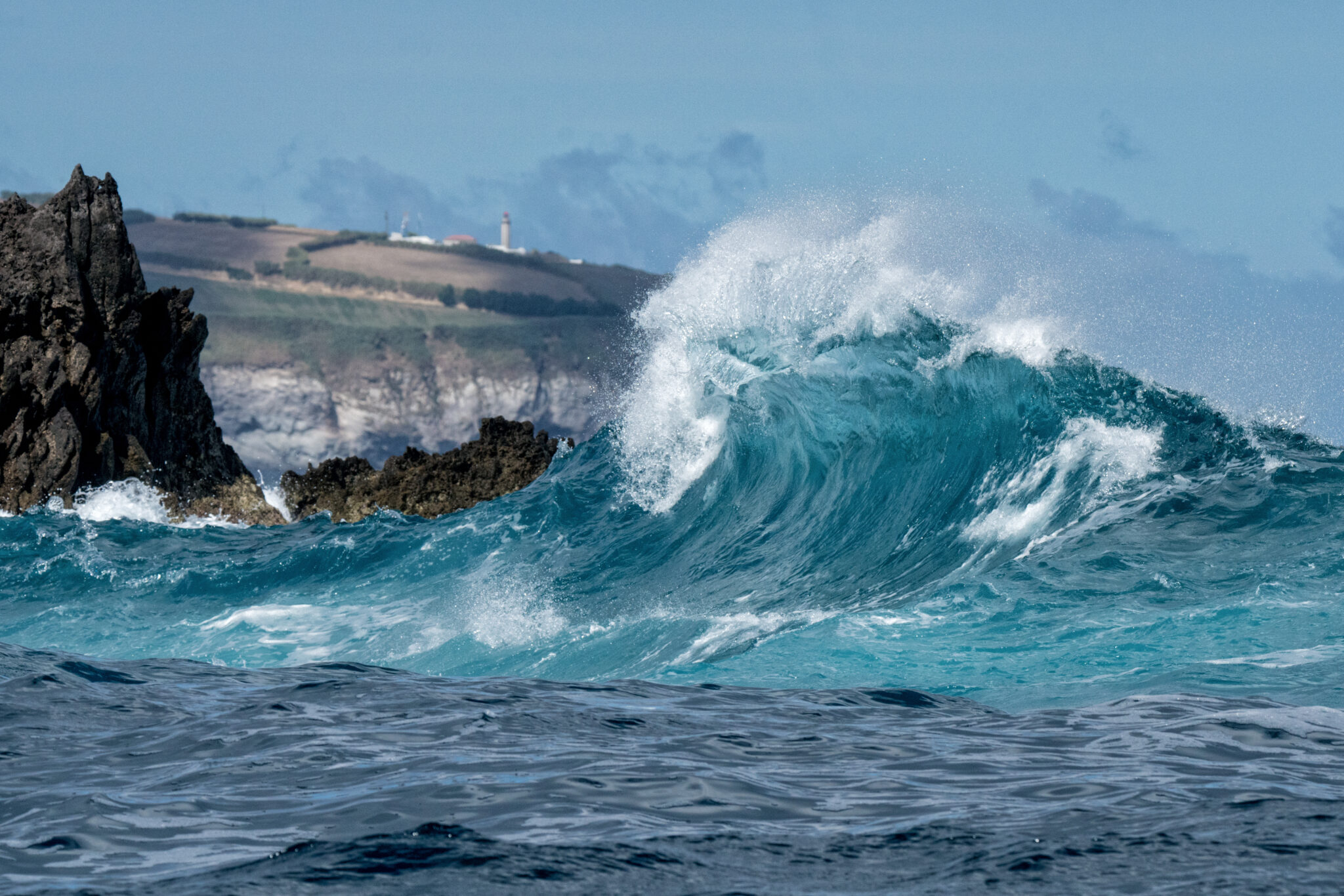
Led by IUCN Members the Quebec-Labrador Foundation (QLF) and the Center for Large Landscape Conservation (CLLC), the Summit brings together experts to discuss a roadmap for conserving ecosystems across US-Canada border.
MONTRÉAL, QUÉBEC – From Tuesday June 11 – Thursday June 13, more than 170 provincial, state, and federal agency decision-makers and staff; Indigenous leaders; and representatives of non-governmental organizations, academic institutions, public and private funders will gather in Montréal / Tiohtià:ke, Québec, Canada, the unceded territory of the Mohawk Nation / Kanien’kehá:ka. Tiohtià:ke. Representatives at this first-of-its-kind Summit will advance conservation and restoration of landscape connectivity (the movement of species and flow of ecosystem processes) across five eastern-most Canadian provinces, seven northeastern-most U.S. states, and Indigenous territories of the region (see map). The Summit is convened by the Quebec-Labrador Foundation (QLF) and Center for Large Landscape Conservation (CLLC) on behalf of the Staying Connected Initiative (SCI) and will contribute towards a high-level “road map” that identifies key opportunities, strategies, and potential actions in each sector across Northeastern North America / Turtle Island to sustain an ecologically and culturally well-connected landscape and a healthy and climate-resilient environment.
Proposed outcomes of the Summit include:
– Greater visibility and appreciation among key decision-makers and funders for the importance of conserving and restoring connected landscapes across the region.
– Reinforced support for the principles of the New England Governors and Eastern Canadian Premiers’
(NEGECP) Resolution 40-3 adopted in 2016.
– New and stronger relationships, commitments, and synergies across borders and cultures that will foster progress toward shared goals in the short and long terms.
– High-level road map of key opportunities, promising strategies, and potential actions to advance regional connectivity conservation and restoration.
– Increased competitiveness of this region for significant outside funding to implement connectivity projects on the ground.
– Enhanced regional contributions to national and sub-national goals related to the UN Convention on
Biological Diversity Global Biodiversity Framework and the “30 x 30” initiative.
– Mechanism for ongoing regional dialogue, coordination and collaboration to maximize collective impact for the long-term
Headline speakers include:
● Hon. Steven Guilbeault, Minister, Environment and Climate Change Canada
● Hon. Brenda Mallory, Chair, White House Council on Environmental Quality
● Hon. Benoit Charette, Minister for Biodiversity, Wildlife, and Parks, Quebec Ministry of the Environment, Fight Against Climate Change, Wildlife, and Parks
● Hon. Julie Moore, Secretary, Vermont Agency of Natural Resources
● Elder Dr. Albert D. Marshall Sr., Moose Clan of the Mi’kmaw Nation, Mi’ma’ki
● Dr. Mark Anderson, Director of Conservation Science, Eastern Region, The Nature Conservancy
For more information or to be connected with a Summit spokesperson:
Contact: Gabriel Oppler (gabe@largelandscapes.org or +1 240-247-7287)
Summit Spokespeople:
Phil Huffman, Senior Vice President, Québec-Labrador Foundation
Deb Davidson, Chief Strategy Officer, Center for Large Landscape Conservation
Mikael Cejtin, Coordinator, Staying Connected Initiative
About the Staying Connected Initiative
The Staying Connected Initiative is a visionary partnership working to conserve and restore landscape connectivity for the benefit of people and wildlife across the Northern Appalachian to Acadian region of the northeast U.S. and southeast Canada.
About the Center for Large Landscape Conservation
The Montana, USA-based Center for Large Landscape Conservation advances ecological connectivity for climate resilience worldwide through science, policy, practice, and collaboration.
About the Quebec-Labrador Foundation
With its roots in the Atlantic Region of North America, QLF engages environmental leaders worldwide to advance community-based and larger-scale conservation and stewardship of natural resources and cultural heritage.


